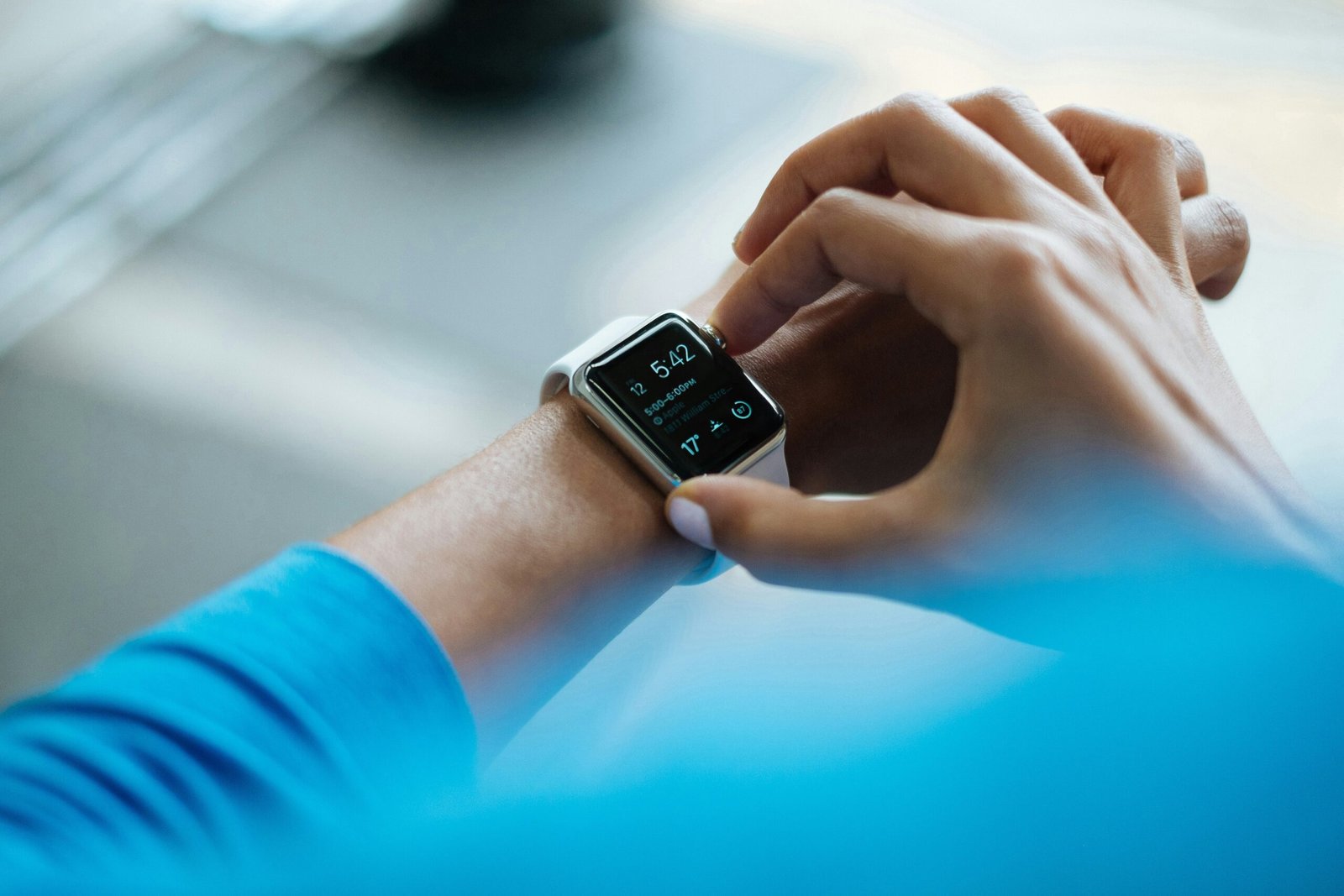
AI in Healthcare 2025 is redefining Global healthcare is experiencing its most transformative era since the discovery of antibiotics. The Digital Health revolution is not just changing how we deliver care, but rather transforming the reality of how we diagnose, deliver, and democratize healthcare. At the forefront of this transformation stands the World Health Organization, providing strategic guidance to ensure evolution serves everyone, everywhere.
The WHO’s Vision for Digital Health
For starters Digital Health encompasses everything from electronic health records and mobile health apps to AI, wearables devices, telemedicine and big data analysis, with the WHO’s Global strategy on Digital Health 2020-2025, recently extended to 2027 with plans through 2033, with a clarity in thought “improve health for everyone, everywhere by accelerating the adoption of appropriate digital health”
While also actively guiding nations through policy, ethics, and infrastructure development WHO Global Strategy on Digital Health 2020–2025. What makes the WHO’s approach unique is its emphasis on ensuring these innovations reach underserved populations and contribute to universal health coverage rather than widening existing healthcare gaps. This focus is especially crucial as AI in Healthcare 2025 becomes central to digital innovation strategies worldwide.
Artificial Intelligence: The Game Changer
AI in Healthcare 2025 is now an operational reality, not a distant concept. Artificial intelligence has emerged as perhaps the most significant disruptor in healthcare by becoming mainstream, giving healthcare providers immediate access to evidence based research and treatment guidelines.
The WHO has recognized AI’s potential while emphasizing the need for responsible implementation which can be further read from the Guidance on Ethics & Governance of AI for Health.
Their AI in public Health Readiness Assessment tool, released in version 2.0, helps countries evaluate their preparedness for AI integration ensuring that AI enhances rather than replaces human judgment in clinical decision making.
Telemedicine: Bridging Distance and Access
The COVID-19 pandemic fast tracked telemedicines in both rural and urban areas. In India, platforms like eSanjeevani have facilitated over 140 million consultations. WHO backs such models under its Digital Health Atlas initiatives for countries with limited access to specialists.
“Digital tools can bring care to remote areas and reduce the burden on overwhelmed systems.”
— WHO Director-General, Dr. Tedros Adhanom Ghebreyesus
Wearable Technology: Empowering Patients
Wearable devices now track everything from heart rate variability and sleep patterns to blood glucose levels and medication adherence. The data generated provides healthcare people with continuous insights into patient health.
WHO encourages digital data systems that are interoperable, secure, and standardized, and supports countries through the SMART Guidelines initiative for digital health standards. However, the organization also emphasizes the importance of data privacy, accuracy validation, and ensuring that technology doesn’t create new forms of health inequality.
Challenges and WHO’s Guiding Principles
While AI in Healthcare 2025 brings unprecedented opportunities, it also raises critical challenges. More than a third of the global population still lacks internet access, creating a digital divide that could show negative effects on the existing health inequalities.
The WHO’s approach addresses these challenges through four strategic objectives:
- Strengthening governance and cooperation for digital health at country, regional, and global levels
- Advancing the implementation of country digital health strategies
- Strengthening accountability mechanisms to improve digital health outcomes
- Advocating for equitable and sustainable financing for digital health
The Road Ahead: 2025 and Beyond
The rise of AI in Healthcare 2025 is a pivotal step in this transformation. Digital health is a necessity for building efficient healthcare systems. The future of healthcare will be characterized by personalized medicine driven by AI, seamless care coordination through interoperable systems, and universal access to health services through digital platforms. However, this future will only be realized if we maintain focus on the WHO’s core principle: ensuring that technology serves to improve health for everyone, everywhere.
The revolution is underway, and with proper guidance and implementation, it promises to make quality healthcare more accessible to everyone, everywhere.
This blog post is based on current WHO strategies and recent developments in digital health technology as of 2025.